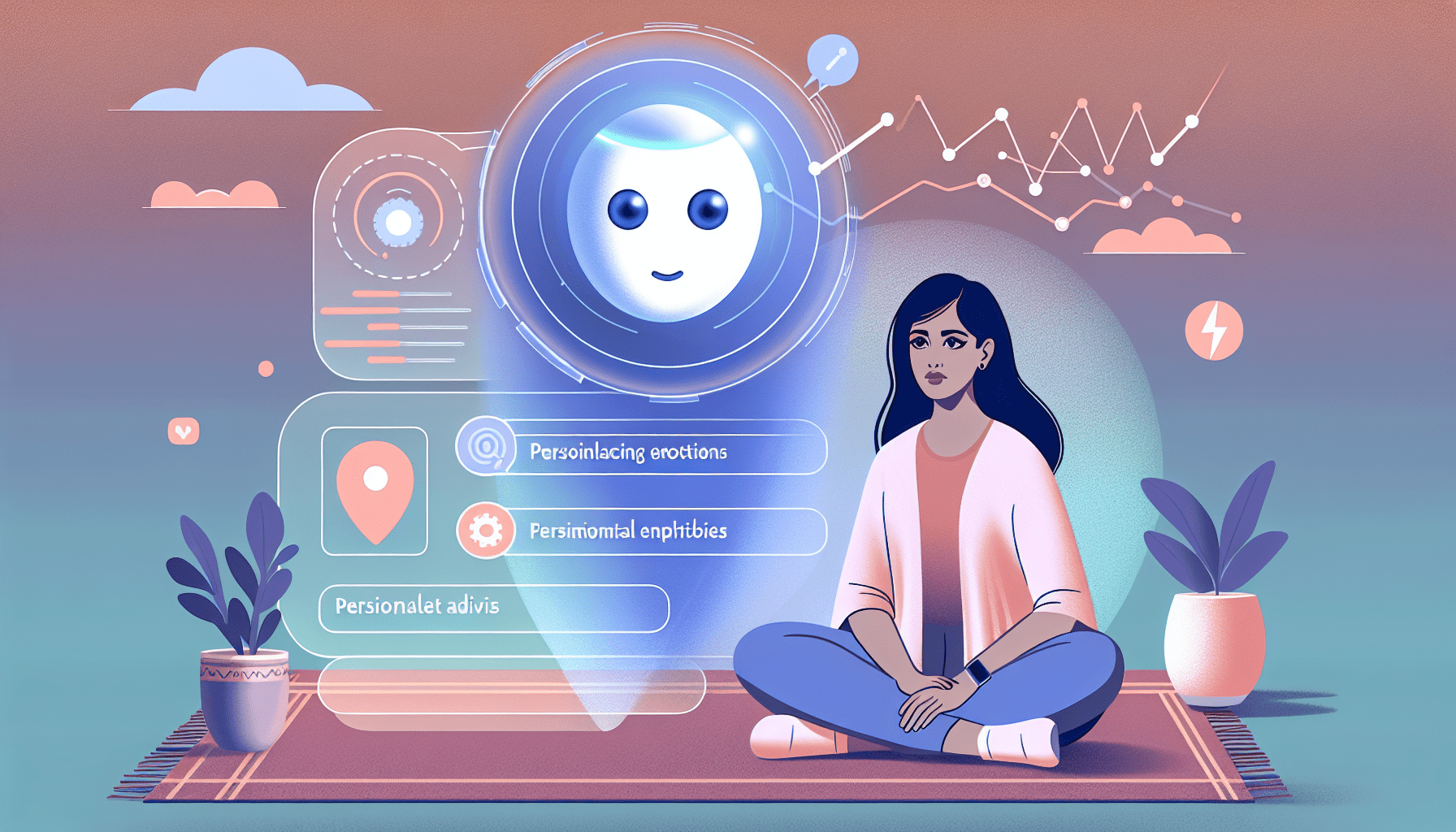In the realm of business and technology, the rise of Ethical AI has ushered in a new era of innovation and efficiency. However, with great power comes great responsibility. As AI plays an increasingly significant role in shaping our business landscapes, ethical considerations have become paramount. In this article, we explore the ethical dimensions of AI in business and how companies can navigate this intricate moral landscape.
The AI Revolution: Promises and Pitfalls
Artificial intelligence has promised unparalleled benefits for businesses, from optimizing operations to enhancing customer experiences. Yet, it also presents potential pitfalls in terms of ethics and morality. Let’s delve into some of these key ethical considerations:
1. Bias and Fairness
AI systems are only as unbiased as the data they’re trained on. If the data used to train AI models is biased, the AI itself can perpetuate discrimination, leading to unfair outcomes. Businesses must be vigilant in ensuring their AI systems are fair and equitable.
2. Privacy Concerns
AI often relies on vast amounts of personal data to function effectively. Companies must prioritize user privacy and data security to prevent unauthorized access or misuse of sensitive information.
3. Job Displacement
Automation driven by AI can lead to job displacement for certain industries and job roles. Companies need to consider the ethical implications of workforce changes and explore strategies to support affected employees.
4. Transparency and Accountability
The inner workings of AI algorithms can be complex and opaque. Ensuring transparency and accountability in AI decision-making processes is crucial to maintaining trust with customers and stakeholders.
Navigating the Moral Landscape
As businesses harness the power of AI, it’s essential to tread carefully through the ethical minefield. Here are some strategies to help navigate the moral landscape of AI in business:
1. Ethical AI Development
Invest in ethical AI development practices from the outset. This includes employing diverse teams of developers, conducting bias audits of training data, and adhering to ethical AI guidelines.
2. Data Privacy and Security
Prioritize robust data privacy and security measures. Implement strong encryption, data access controls, and clear data usage policies to protect customer information.
3. Responsible Workforce Planning
Acknowledge the potential impact of AI on the workforce. Develop strategies to retrain and upskill employees affected by automation, ensuring a just transition.
4. Transparent AI Governance
Establish transparent AI governance mechanisms. Document AI decision-making processes and involve stakeholders in discussions about AI ethics.
5. Engage with Ethical Frameworks
Consider adopting established ethical frameworks and standards, such as the Asilomar AI Principles or the IEEE Global Initiative on Ethics of Autonomous and Intelligent Systems, to guide your AI practices.
The Business Case for Ethical AI
Embracing ethical AI isn’t just a moral imperative; it’s also a strategic advantage. Companies that prioritize ethics can:
- Build trust with customers and stakeholders, leading to stronger brand loyalty.
- Mitigate the risk of legal and reputational damage associated with unethical AI practices.
- Attract and retain top talent by aligning with ethical values and corporate social responsibility.
Conclusion: Forging an Ethical Path Forward
AI is undoubtedly a transformative force in the business world, but its ethical implications cannot be overlooked. As businesses venture further into the realm of AI, they must navigate the moral landscape with care and responsibility. By adopting ethical AI practices, companies can harness the power of this technology while maintaining trust, transparency, and fairness—forging an ethical path forward into the future of business and technology.




